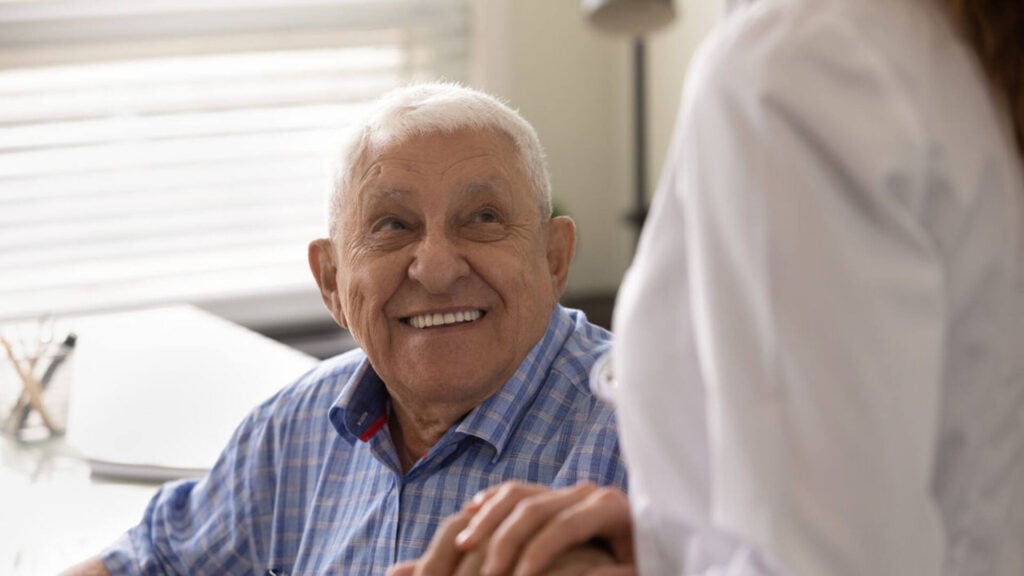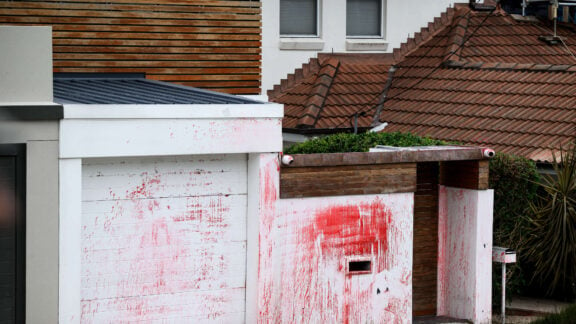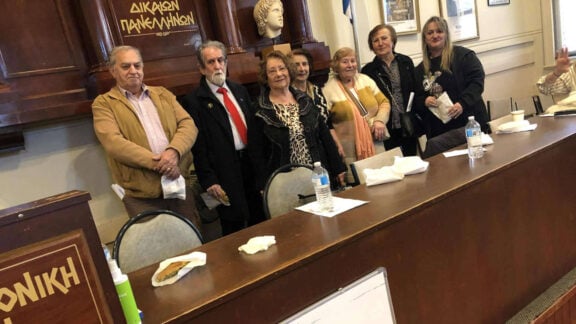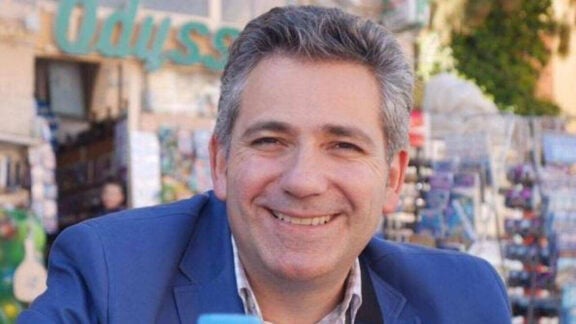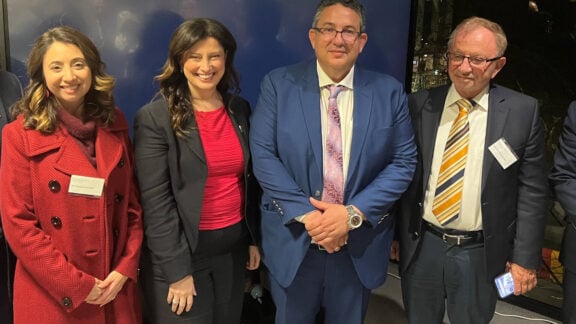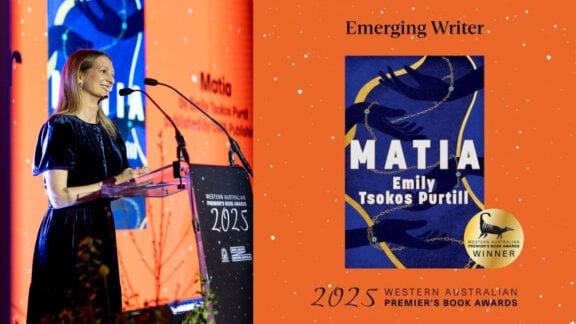Chris Dolkas, lawyer and director of RND Lawyers, is cognisant of the issues across the Greek community – socially and culturally. He is one of the panellists at Fronditha Care’s An Open Discussion on Dementia – The personal, social and legal impact of dementia and what you need to know, on Sunday, September 14, at Oakleigh Grammar.
Dolkas’s connection to Fronditha Care is personal, his mother was a resident there, where, he said, “she had fantastic care and was treated with great respect.”
The event brings together medical, legal, and aged-care professionals to share insights on how families can navigate this difficult journey. The panel includes, Dr Athanasios Kokkinias – Psychiatrist, Secretary of the Hellenic Medical Society of Australia; Georgia Tzebetzi – Quality and Clinical Manager, Fronditha Care; Chris Dolkas – Director, RND Lawyers Pty Ltd; Mandy Ha – Learning Designer, Dementia Australia
“It is important to get the legal aspects sorted because it goes hand in glove with all the other aspects of dementia – the dignity of the individual and the challenges families face,” Dolkas said.
He stressed the importance of acting quickly, both in identifying the signs of dementia and in preparing legal documents that nominate a representative for the person afflicted. “We live in a complex world today. Most institutions, right at the start, are going to ask you who is the authorised representative to speak and act on behalf of your loved one.”
Caring for someone with dementia often requires medical interventions and navigating institutional processes so having a legally identified representative helps avoid confusion. “We live in a litigious and complex world,” Dolkas said, adding that many families today are spread interstate or overseas. “Staff need to know to whom, legally, they can disclose information.”
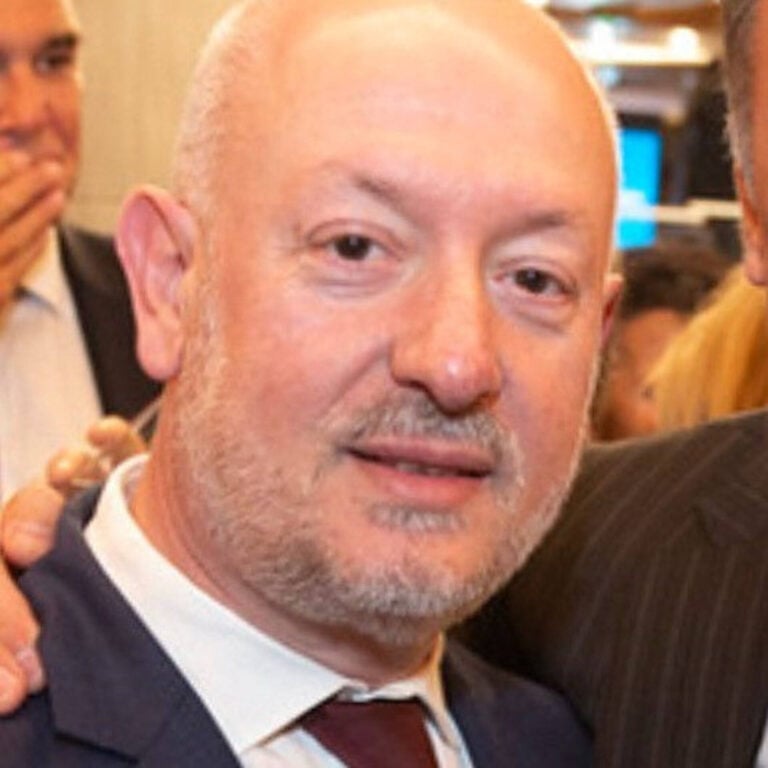
Another critical issue is financial management. A legal representative may need to transfer funds from the account of the afflicted person. It is essential that the designated power-of-attorney, or attorneys, are recognised and able to act.
Dolkas emphasised the importance of preparing a will before dementia is diagnosed, or at the very early stages of the disease.
“In some circumstances, an individual in the early stages of dementia, with the support of family, may still be able to prepare a will – if it’s not too late.”
He said families should not to delay in arranging a power of attorney, or a will. “A power-of-attorney document is important because most people affected by dementia or other forms of incapacity may live for a long time – five, ten, or more years.
“I know of situations like that, and the dilemma arises over how to properly make decisions on behalf of the person if there is no power-of-attorney.”
Dolkas also urged second-generation Australians in their 50s, 60s, and early 70s to prepare their wills while they are still sharp and aware.
“A will can also be changed anytime, to account for changes in relationships or family. You can change your will every week if you want to,” he said.
He recommends reviewing wills and estate planning documents every few years, or after any significant family change. “The will and other documents should be reviewed and potentially updated, depending on the level of harmony within family members,” Dolkas said.
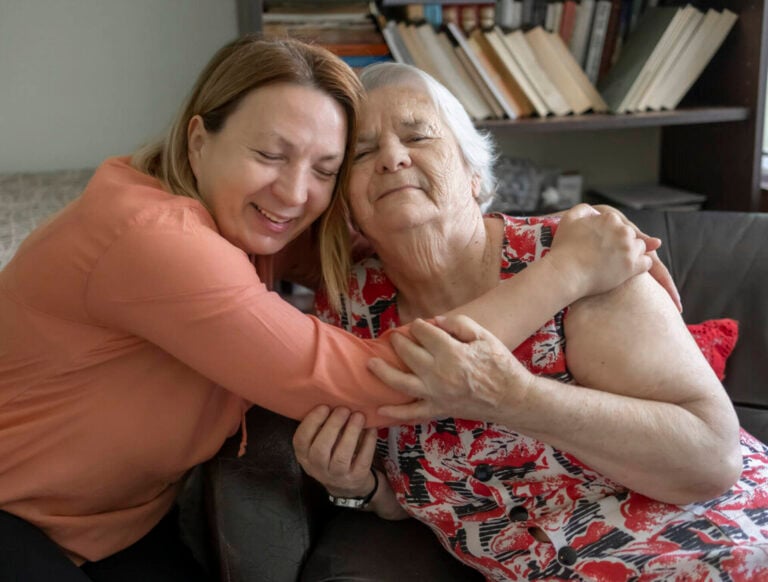
A power of attorney, he added, not only eases the burden on families but also helps institutions manage the care of a person with dementia.
Still, he warned that in this age of elder abuse, banks are increasingly cautious.
“Many banks now require more information before they allow even an attorney with a signed power-of-attorney to access a person’s accounts.
“We are entering a time where you must be prepared to show proper documentation and evidence.”
One solution, Dolkas suggested, is appointing multiple attorneys or signatories. “We recommend that, provided the attorneys are in agreement and there’s no conflict, there can be two attorneys acting jointly.”
For Dolkas, the message is simple and urgent, “plan early”. Acting before dementia progresses protects the dignity of the individual and provides families with clarity and peace of mind in the most challenging of times.
Free event:
The personal, social and legal impact of dementia and what you need to know
Sunday 14 September 2025
Conference Centre, Oakleigh Grammar
77/81 Willesden Rd, Oakleigh VIC 3166
Bookings: here
